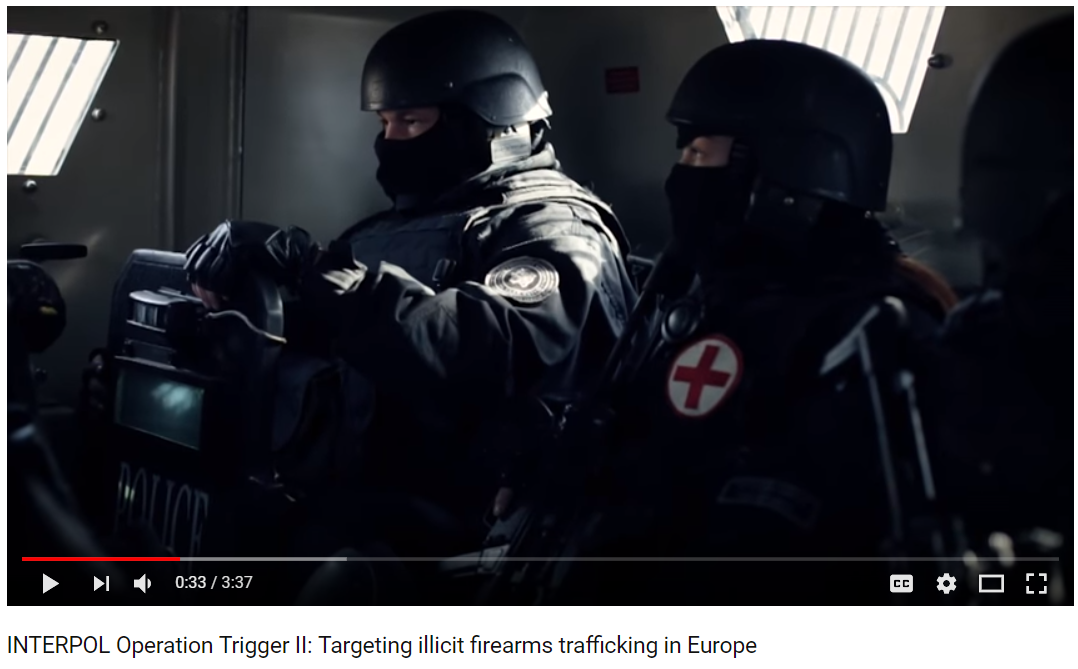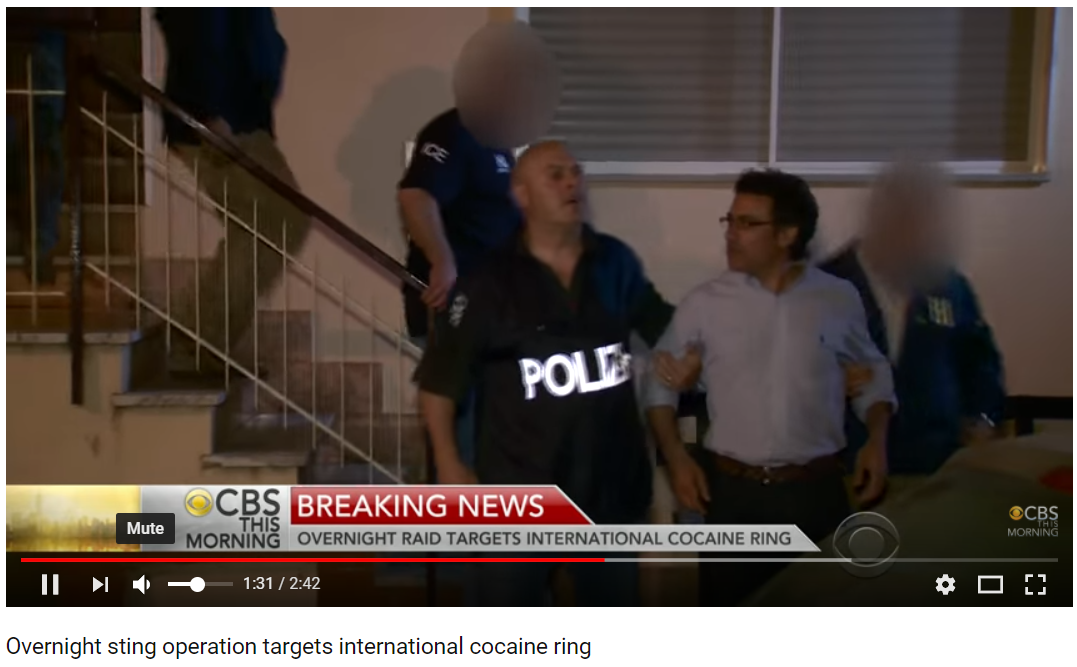- Jurisdiction
- Investigators of organized crime
- Controlled delivery
- Physical and electronic surveillance
- Undercover operations
- Financial analysis
- Use of informants
- Rights of victims and witnesses in investigations
- Summary
- References
Published in May 2018
Regional Perspective: Pacific Islands Region - added in November 2019
Regional Perspective: Eastern and Southern Africa - added in April 2020
This module is a resource for lecturers
Possible class structure
This section contains recommendations for a teaching sequence and timing intended to achieve learning outcomes through a three-hour class. The lecturer may wish to disregard or shorten some of the segments below in order to give more time to other elements, including introduction, icebreakers, conclusion or short breaks. The structure could also be adapted for shorter or longer classes, given that the class durations vary across countries.
- (In-class) Ice-breaker Option 1 (10-15 minutes): At the beginning of class, show students a video about INTERPOL-led Operation Trigger that was organized to respond to the illicit trafficking in firearms from Eastern countries and the Balkan region into other parts of Europe.
-
- Ask students a question about the role INTERPOL plays in the fight against terrorism and transnational organized crime. How does INTERPOL contribute to the efforts against serious crime undertaken by national police units? Why would national governments be unwilling to support INTERPOL or any other international police organization? What challenges remain in preventing and fighting crime through police cooperation?
- (in-class) Ice-breaker Option 2 (10-15 minutes): At the beginning of class, show students a video about a US-Italy sting operation that targeted an international cocaine ring.
-
- Ask questions about why national law enforcement need to cooperate with foreign counterparts in order to respond effectively to transnational organized crime. Why would national governments be unwilling to support international law enforcement cooperation? What challenges may hinder international sting operations?
- Give a brief lecture about law enforcement tools and cooperation based on the Module narrative and recommended literature (35-40 minutes).
- Use some discussion questions (provided in the Module) to generate a debate about the topics covered in the lecture (20-25 minutes).
- Break (10 minutes)
- Administer and evaluate Quiz 8 (45 minutes): Give students 15 minutes to take Quiz 8 (sample questions are provided in the assessment section of the Module). Students can work in pairs to grade the quiz. They exchange quizzes and grade each other's results. Instructor asks individual students to read questions and discuss possible answers. This activity is expected to help students analyse the mistakes and learn from interaction with each other.
- As an alternative for situations when there is no time left in class for assessment, the quiz can be administered as a home assignment. For this particular assessment format, instructors are recommended to use an online learning management system (e.g., Blackboard, Compass, Moodle, [1] etc.) to administer the quiz.
- Assign one of the research and independent study assignments as homework for the next class.
[1] Moodle is a free and open-source learning management system written in PHP and distributed under the General Public License (GPL).

